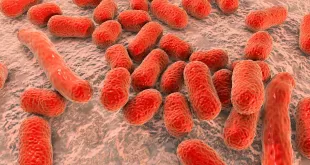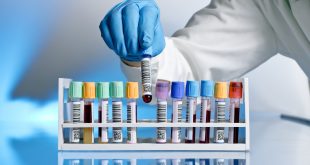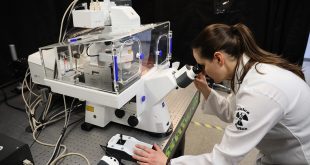MustGrow Biologics Corp’s plant-based technology platform is revolutionizing crop production
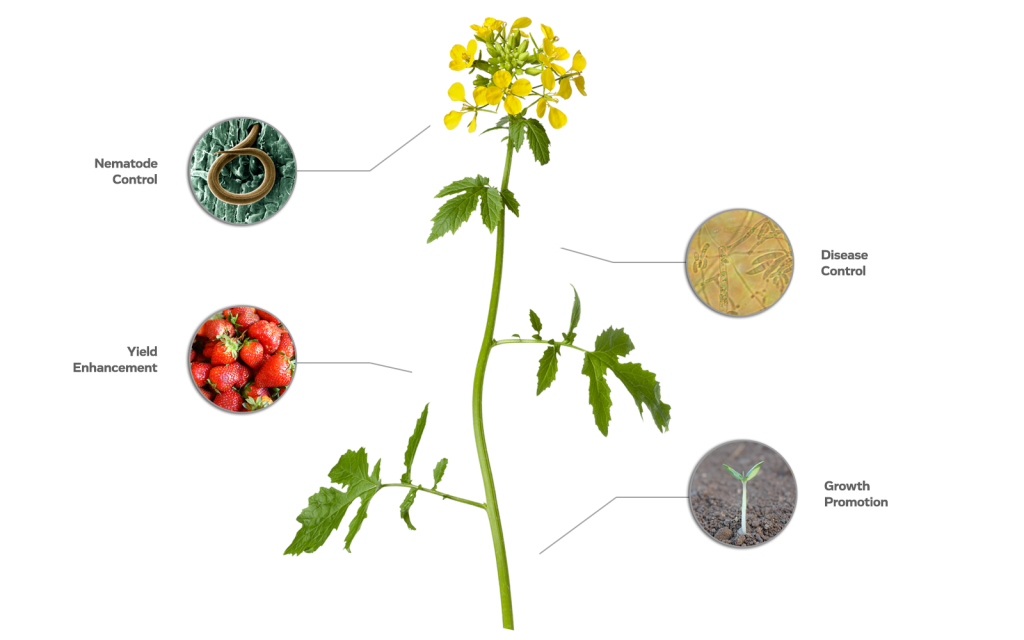
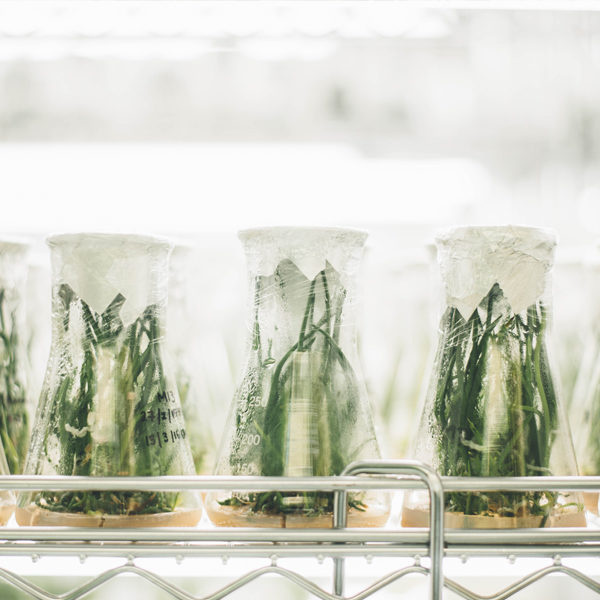
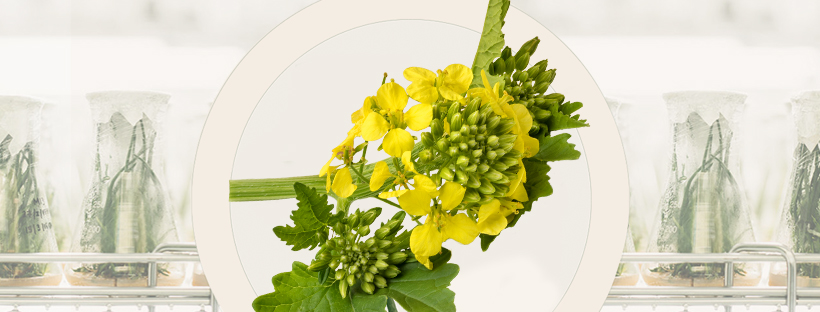
By Sean Tarry
There are few things that pose a greater impact on the future health and wellbeing of the planet and people living on it than the quality of the crops being grown all over the world. Unfortunately, the pesticides and herbicides that have been used through the years, many of which are currently being restricted or deregulated by governments, have caused significant damage to soils, water, turf, and surrounding vegetation by virtue of the toxic chemicals that they contain. In light of this challenge, and in an effort to provide a natural and organic substitute for these harmful controls, MustGrow Biologics Corp. continues to advance its plant-based technology platform solution.
“A lot of the chemicals that have been used over the past number of decades are harsh and have a severely detrimental effect on the health of soil,” says Colin Bletsky, COO, MustGrow Biologics Corp. “We’re essentially utilizing something that nature’s given us, harnessing it and making it more efficient in a usable form, and putting it back into the soil. It provides farmers with the opportunity to replace some of the harmful chemistries that they use and could help the entire agricultural sector improve the health, quality, and yield of the crops that everyone depends on.”
Evolution of agriculture practices
An agriculture biotechnology company, MustGrow is focused on the development and commercialization of natural biological technologies and products that can be derived from the mustard seed in order to help create more sustainable agriculture and improve soil health for farmers. It’s an endeavour of obvious importance to the continued evolution of agriculture practices. And, it’s one that Bletsky and the company’s President and CEO, Corey Giasson, understand all too well. The pair each grew up in farming families, providing added impetus to fulfill the promise of MustGrow’s technology.
“Agriculture is in the blood of both Corey and myself,” he asserts. “We both grew up farm boys and have been involved in the agriculture industry our entire lives. I still farm with my family in eastern Saskatchewan. We understand the challenges that are involved in running a healthy and successful operation. And, we’ve been around the world and have seen what’s going on, the dead soils and issues in many areas where there’s significant problems with the toxicity of the chemicals that they’ve used or are using. And so, it really drives us to continue improving our natural-based biosolutions in an effort to replace or complement synthetic chemistries and fertilizers.”
Development of technologies
Bletsky goes on to explain that farmers have been utilizing the mustard seed and the Brassica family of plants to promote the health of their crops for centuries because of the natural molecules that they contain which serve as a natural defense mechanism, providing protection from diseases and pests. The technology that MustGrow leverages was developed by Agriculture and Agri-Food Canada, which was then advanced by the company’s predecessor, MPT. Bletsky and Giasson recognized the opportunity that it represented and became involved in 2015 to see it through to fruition.
“This is a great technology that has a lot of promise,” he says. “It presents a ton of opportunity on the financial side as well as from an environmental and sustainable perspective. In order to realize its potential, we’ve brought in some incredible investors and are now working with some large partners to grow the company beyond servicing the needs of farmers in the province of Saskatchewan and Canada to help benefit farmers globally also.”
How it works
MustGrow’s biofumigant and biopesticide technology has resulted in TerraMG—a patented liquid product that’s made up of a two-part formula involving a sinigrin (glucosinolate)(glucosinolate) formulation and myrosinase (enzyme). Upon mixing the sinigrin and myrosinase formulations together with water, a hydrolysis reaction occurs in which the myrosinase cleaves off the glucose group from the glucosinolate, and the remaining molecule quickly converts to allyl isothiocyanate (AITC)—the molecule that’s central to the effectiveness of MustGrow’s technology.
“AITC, which is within food grade product and something that we eat, when used within our formula, acts as a natural biofumigation product for the soil,” he explains. “It’s what enables the replacement of some of the harsher synthetic chemicals that are currently being used to control nematodes which cause approximately $100 billion of crop loss globally every year. It’s also used to prevent diseases that impact crops. Because we use a natural-based technology, it doesn’t pose any threat or harm to the soil, water, nearby vegetation, or to the health of animals and humans. And, as it has a very short half-life, meaning that it breaks down quickly, it’s not only helping to control harmful diseases and pests like nematodes, it breaks down into food for the soil microbiome, presenting a dual benefit.”
Tremendous opportunity
The molecule can also be used to ensure post-harvest food preservation, displaying a tremendously positive effect in controlling sprouts in potatoes and other root and tuber vegetables, in addition to its impact in helping to control diseases. And, because chlorpropham—one of the most commonly used chemicals that’s used within agriculture around the world—has been banned from use within the European Union, there seems to be opportunity for MustGrow to expand its reach and technology even further. And, as Bletsky explains, it’s not the only area of opportunity that the company hopes to exploit.
“Within mustard, you can think of it as a mini bioreactor,” he says. “It allows us to extract and to do many different things, presenting a range of potential applications. Mustards have over 41 different glucosinolates, and when you mix and match those with a different enzyme, different properties can be derived. We extracted one of the glucosinolates called sinalbin, and when mixed with the enzyme it creates a bioherbicide that’s able to control weeds. So, by leveraging the natural properties of the mustard seed, we’re able to support pre-plant soil fumigation and bioherbicides for disease and nematodes, as well as post-harvest food preservation. We’re also working on creating natural products in the areas of soil amendment and biofertility, which are also presenting us with incredible opportunity.”
Additional applications
In addition to the use of AITC in agriculture, Bletsky notes that this type of technology could also be leveraged to benefit human and animal health as a result of its anticarcinogenic, antimicrobial and anti-inflammatory properties. But for now, he adds, the focus of MustGrow is very much around helping farmers improve the health of their soils, enhance agriculture production, control pests and nematodes, bolster soil fertility, and optimize post-harvest preservation, while ensuring a positive environmental impact for years to come.
“I’m here to realize some of the tremendous economic opportunities that MustGrow and our technology represents. However, I’m also here to make a positive impact. Soils in areas all over the world have become so depleted as a result of an extreme overuse of harsh chemicals and fertilizers. There’s a lot of opportunity for our technology, as well as other forms of sustainable technology, to change things for the better, reduce the industry’s impact and improve the health of our planet. And, looking ahead, we’re going to be concentrating our efforts on working with our global partners—NexusBioAg, Sumitomo Corporation, Bayer CropScience and Johnson & Johnson—to really drive our technologies forward, continue our expansion and accelerate the work we’re doing.”
For more information about MustGrow and its natural plant-based agriculture solutions, visit https://
mustgrow.ca
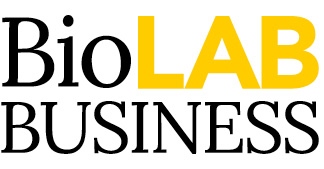 BioLab Business Magazine Together, we reach farther into the Canadian Science community
BioLab Business Magazine Together, we reach farther into the Canadian Science community

